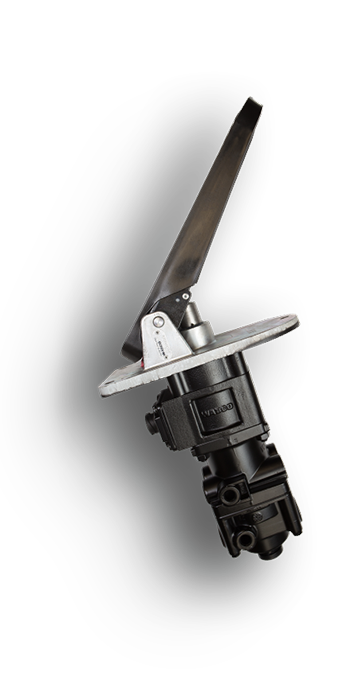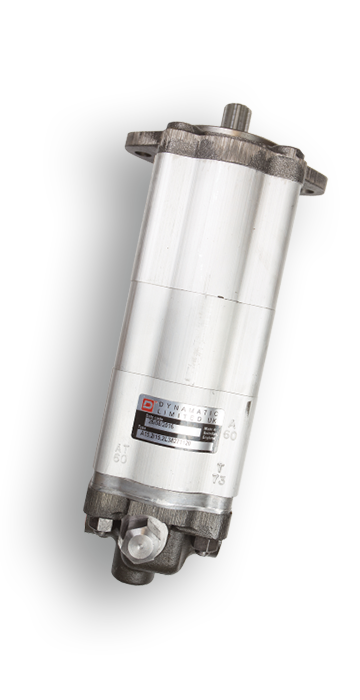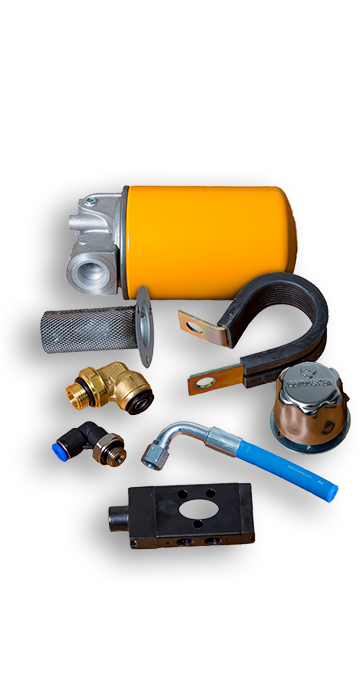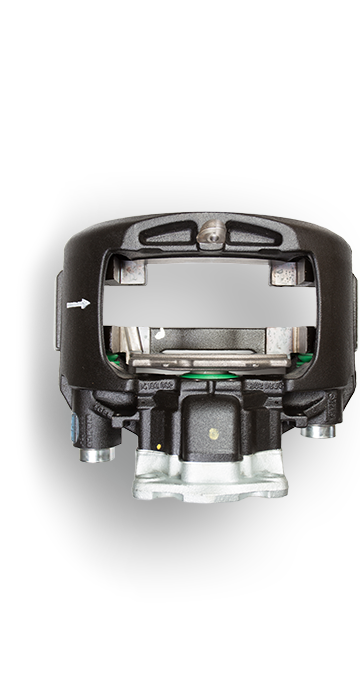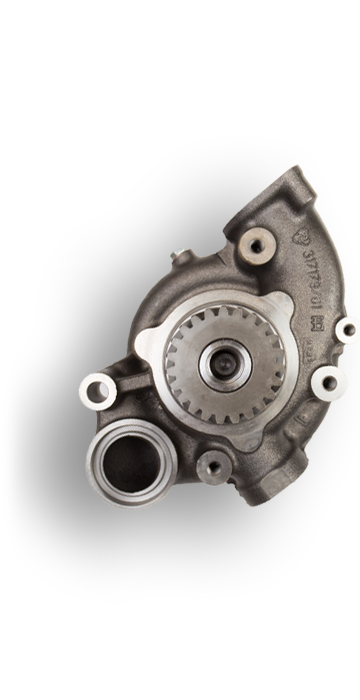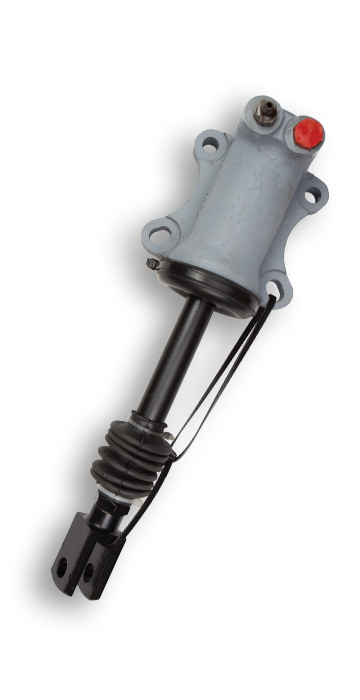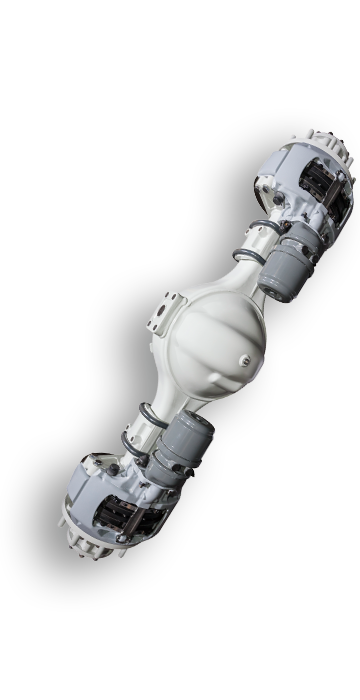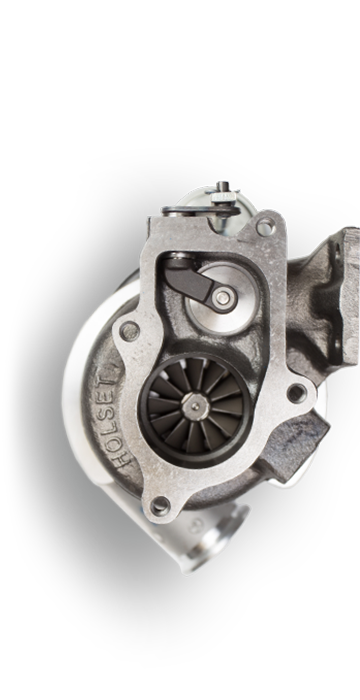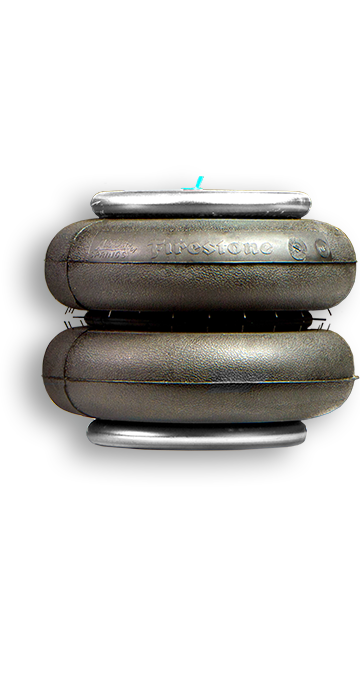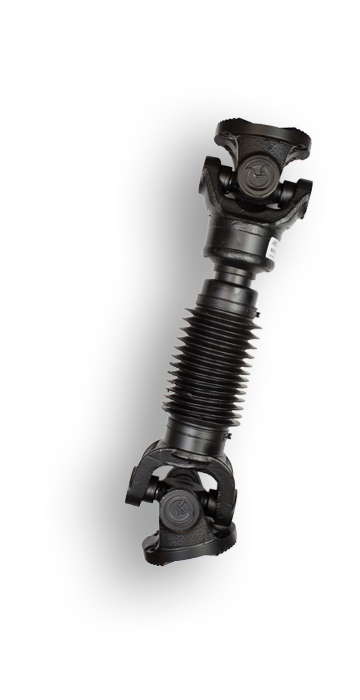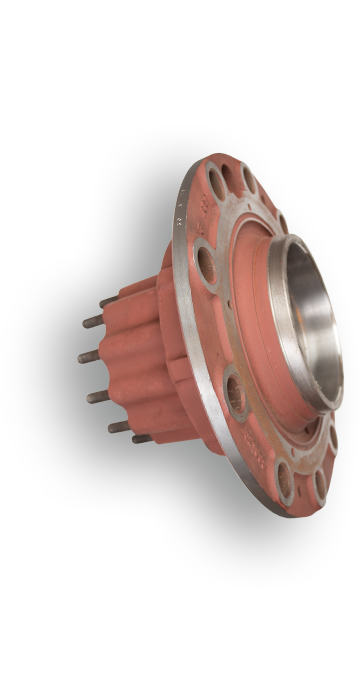Reducing the population’s carbon footprint as part of a concerted drive to increase sustainable transport has received a shot in the arm from fuel chemists who have developed a means of utilising waste from the meat industry to create a new form of bio-diesel.
A third of London’s 9,000-strong bus fleet is now powered by B20 green diesel, which is a cleaner burning fuel, produced by blending diesel with renewable biodiesel made from waste products, including cooking oil and tallow by products from the meat processing trade. Following a major pilot scheme, these vehicles alone are now reducing CO2 emissions by 21,000 tonnes each year, representing a reduction of 10% per bus.
So far, bus operators Stagecoach and Metroline have signed deals with Argent Energy to supply them with B20 green diesel, which is blended at its London manufacturing facility. Transport for London (TfL) requests that the biodiesel blended into B20 for London buses is made from waste, rather than crop-based feedstocks.
Mike Weston, TfL’s Director of Buses, said: “Our bus fleet is now making a major contribution to improving air quality and bringing down CO2 emissions. This improvement, which will reduce CO2 emissions by 21,000 tonnes each year, is being introduced now with no extra spend needed and no long delay for the fitting of new kit.”
London’s bus network carries almost 2.4 billion passengers a year, making it one of the largest in the world. The fleet uses around 240 million litres of fuel each year, with 80 million litres of the new fuel to be consumed each year under the new deal.
The Capital’s bus fleet already has over 1,500 hybrid electric buses and 15 pure electric buses. Over 2,000 older buses have been retrofitted with Selective Catalytic Reduction (SCR), reducing their nitrogen dioxide (NO2) emissions by up to 88 per cent per bus. The number of hybrid buses now represents over 20 per cent of the total fleet, a figure which is still increasing.
Elsewhere in the UK, other forms of renewable power have made it off the drawing board and onto the nation’s roads. One project in particular represents the holy grail of sustainability with zero-emission buses powered by renewable energy, that’s been funded by members of the community.
Brighton based operator, Big Lemon Buses, has harnessed the power of the sun to fuel three pure solar-powered all-electric buses, which is a first in the UK.
The 120 re-used solar panels, generating enough electricity to boil 1.8 million kettles, cover the roof of Big Lemon’s bus depot in Brighton. Using an innovative combination of three renewable technologies, the project generates clean energy during the day, stores it in a battery and then charges up the solar buses overnight. The battery is sized to charge a day’s worth of travel for the three solar vehicles, each with a range of 140 miles.
Crucially, the use of electric buses delivers a zero- emission solution, cutting out dangerous NO2 and particulate matter altogether. At present, what stops this approach from being rolled out nationally is cost. The technology is still in its early stages and so it costs twice as much for an electric bus as it would for a diesel: £250,000.
That said, a nationwide electric PSV fleet is not a pipe dream, even in economically challenging times. For example, ABB has recently won a contract to supply electric bus charging infrastructure for a fleet of Volvo electric buses that will be operated by Transdev Blazefield from 2018. ABB will supply three HVC 300P charging stations and an electricity substation for installation at a bus station serving Harrogate, Yorkshire.
The contract is significant as it is the first electric bus project in the UK that will use ‘OppCharge’ or ‘opportunity charging’, where buses are charged while they wait at bus stops, which are complemented by fast-charging infrastructure at each end of the bus route. Charging will take only three to six minutes, eliminating the need to wait for long charging periods. As well as enabling zero emission public transport, opportunity charging allows the size of batteries on electric buses to be reduced. This reduces the overall weight of the bus, thereby improving energy efficiency. Buses connect automatically to the chargers via a pantograph coming down from the overhead charging mast. A key advantage is that the units are compatible with the OppCharge interface, so that other brands and models of electric buses will be able to use opportunity charging.
Whatever the future holds, as specialists within the bus and coach industry, which fundamentally contributes to the safety and reliability of the nation’s public transportation service, Imperial Engineering supplies a massive range of bus and coach parts and components, sourced directly from leading global OE manufacturers, including Knorr-Bremse, Wabco, Haldex, Meritor and Dana.
